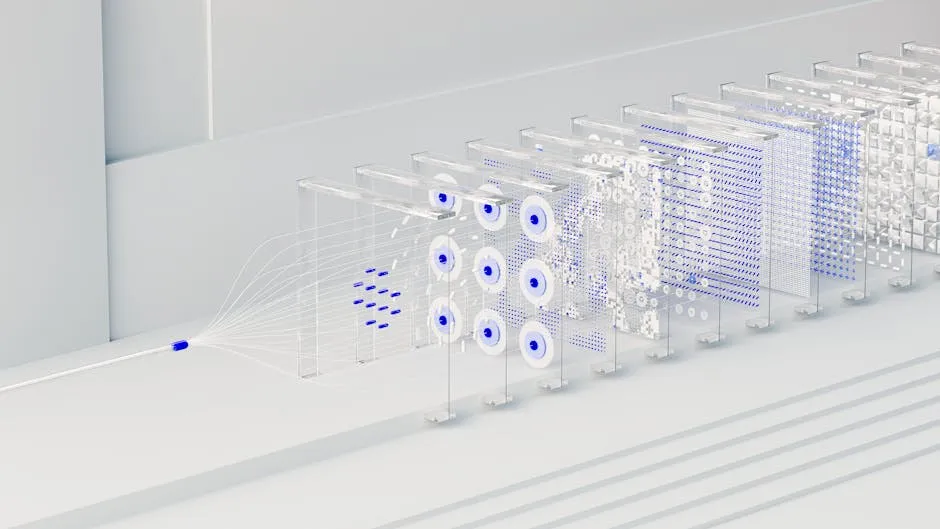Transforming ChatGPT: OpenAI’s Vision for an AI Operating System
In a world where artificial intelligence is becoming increasingly integral to our daily lives, OpenAI is making significant strides towards creating an AI operating system that could redefine how we interact with technology. During a recent interview, Nick Turley, the Head of ChatGPT at OpenAI, shared insights into the company’s ambitious plans to expand ChatGPT into a comprehensive platform filled with third-party applications.
The Vision Behind an AI Operating System
OpenAI’s vision for ChatGPT goes beyond just being a conversational agent; it aims to create an ecosystem where various applications can seamlessly integrate and operate within an AI framework. This transformation is not merely a leap in technology but a strategic move to enhance user experience and accessibility. By incorporating third-party apps, OpenAI intends to offer a multifaceted tool that can cater to a wide range of needs, from productivity and creativity to entertainment and education.
Why Third-Party Apps Matter
Integrating third-party applications into ChatGPT allows for a richer experience, as users can utilize capabilities from various services without needing to switch platforms. Imagine a scenario where you can schedule a meeting, draft an email, and research a topic all within the ChatGPT interface. This level of integration is expected to not only streamline workflows but also foster collaboration among developers who can create specialized apps tailored to different industries and user preferences.
Challenges and Considerations
While the vision is compelling, the journey to creating an AI operating system is fraught with challenges. One major consideration is ensuring the security and privacy of user data. As third-party apps will interact with sensitive information, OpenAI must implement robust safeguards to protect users from potential breaches. Furthermore, the company will need to establish clear guidelines for app developers to ensure that the applications adhere to ethical standards and enhance user experience rather than detract from it.
The Future of AI Integration
As OpenAI continues to pave the way for an AI operating system, we can expect to see significant advancements in how we use technology in our daily lives. The integration of third-party applications into ChatGPT is just the beginning of a larger trend towards more intelligent, adaptable, and user-friendly systems. This evolution not only enhances efficiency but also opens doors to innovative solutions that can respond to our unique needs.
Conclusion
Nick Turley’s insights reflect a transformative vision for ChatGPT that could change the landscape of AI applications. As OpenAI embarks on this journey, the development of an AI operating system filled with third-party apps promises to create a more interconnected and efficient digital environment. By focusing on integration, security, and user experience, OpenAI is set to lead the charge in making AI tools more accessible and impactful for everyone.
